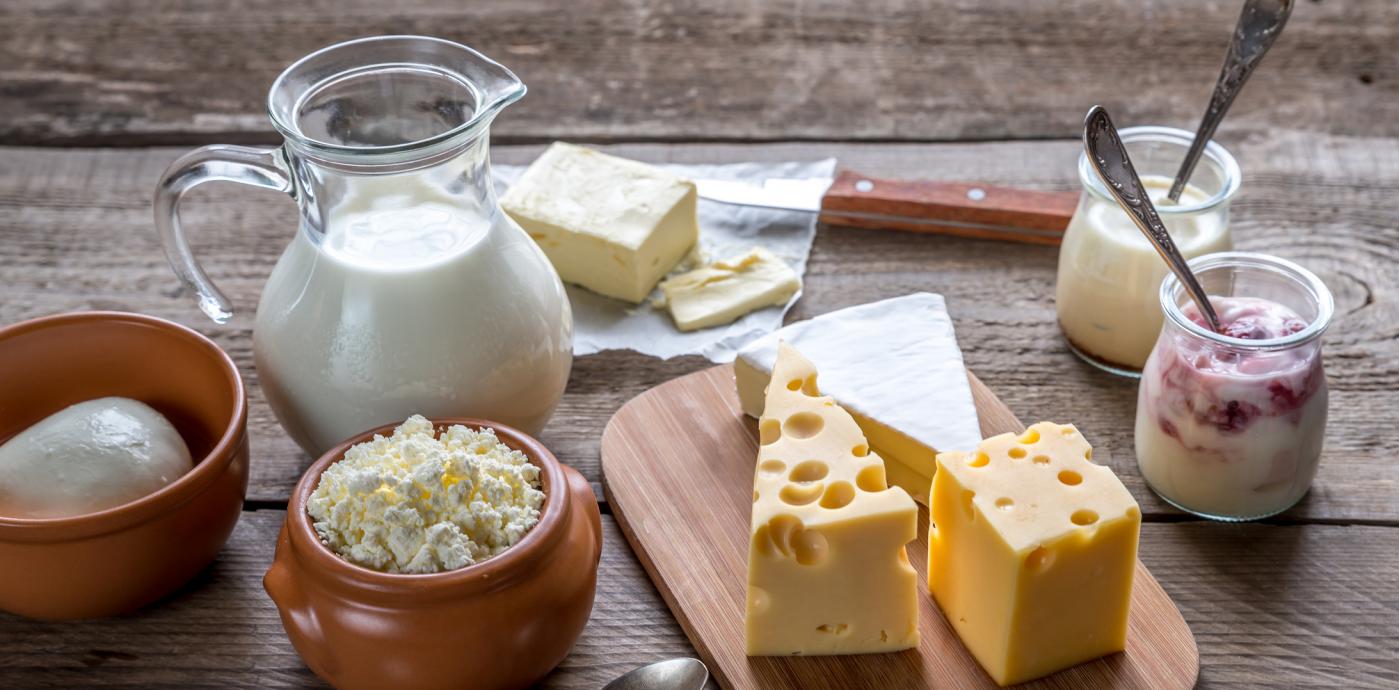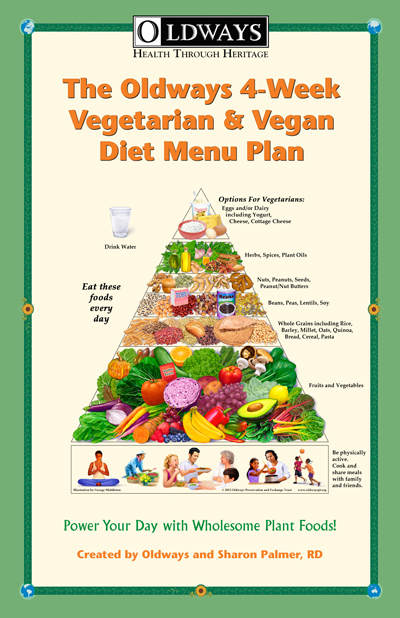Share This
Vitamin B12 is one of the greatest nutritional concerns for vegetarians and vegans, because vitamin B12 is generally found only in animal foods. If you’re concerned that you may not be getting enough B12, look for some of these foods.
| Food | Serving | b12 (mcg) |
|---|---|---|
| Almond milk, fortified with vitamin B12 | 1 cup | 3* |
| Coconut milk, fortified with vitamin B12& | 1 cup | 3* |
| Nutritional Yeast | 1 tablespoon | 2* |
| Soymilk, original, fortified with vitamin B12 | 1 cup | 1.2* |
| Ready-to-eat cereal, fortified with vitamin B12 | ½ to ¾ cup | 0.6-6* |
*May vary depending on product or brand.
| Food | serving | b12 (mcg) |
|---|---|---|
| Yogurt, plain, low-fat | 8 ounces | 1.37 |
| Milk, low-fat | 8 ounces | 1.15 |
| Cottage cheese, 1% | ¾ cup | 1.07 |
| Cheese, Swiss | 1 ounce | 0.95 |
| Egg | 1 whole, medium | 0.39 |
| Ice cream, vanilla | ½ cup | .26 |
All nutritional information from USDA National Nutrient Database for Standard Reference or food manufacturer labeling.
Do I need a VITAMIN B12 supplement?
As with all dietary supplements, it’s important to discuss B12 supplementation with your healthcare provider, especially if you’re vegetarian or vegan. Your healthcare provider can help you determine how much (if any) supplementation is right for you. It’s important to consider that folate—typically high in vegetarian and vegan diets—can mask the presence of vitamin B12 deficiency. The preferred form of B12 supplements is cyanocobalamin.
Generally speaking, if you’re vegan (meaning you don’t eat ANY animal products), B12 supplements are recommended at levels that meet 100% or more of the recommended daily allowance. In fact, the Vegetarian Nutrition Dietetic Practice Group suggests that vegans consume much higher levels of vitamin B12 (250mcg/day for adults) to compensate for poor absorption of supplements. Regardless of diet preference, the National Institutes of Health recommends that all adults over 50 years of age receive most of their vitamin B12 through supplements and fortified foods, due to impaired absorption that occurs during aging.
Tips for A balanced plant-based diet
Though often defined by what they don’t contain, plant-based diets are actually some of the most well-balanced, delicious eating patterns around. Here are a few plant-based recipes to get you started:
- Whole Grain Pasta with White Beans and Arugula Pesto
- Cardamom and Orange Overnight Oats
- African Heritage Mango & Papaya After-Chop
For a more guided look at how to build healthy vegetarian meal plans, check out our Oldways 4-week Vegetarian & Vegan Diet Menu Plan, which will help you create satisfying, balanced, budget-friendly meals inspired by cuisines from different cultures. The recipes are based off of the Vegetarian & Vegan Diet Pyramid, and feature an abundance of delicious, healthy foods such as vegetables, fruits, nuts, seeds, whole grains, legumes, herbs, and spices.
Kelly Toups, Director of Nutrition
If you’re interested in healthy eating, join the Make Every Day Mediterranean Club Facebook group for additional information and support.



Comments
Add a Comment